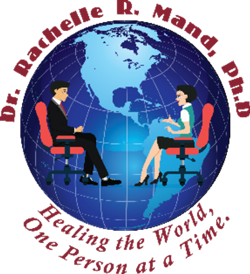Dealing With Trauma in Therapy
Most people have traumas in their lives as a child and/or adult. In my opinion traumas happen in two major categories: Relation-related traumas and other-related-traumas. An example of a relationship-related-trauma would be a child who has suffered physical and/or sexual abuse by a parent or a family member. The trauma occurred within the relationship between the child and an adult. Rape is another example of a relationship-related-trauma. An example of other-related-trauma would be something that happens to the person such as a car accident or a home invasion. There is very little to no relationship within which this type of trauma occurs.
The symptoms of both trauma types manifest in pretty much the same way. Feelings of guilt, sadness, anger, depression, grief, & anxiety are common with all types of traumas.
The effects of traumas are usually manifested in connection with significant relationships such as a spouse, sibling, parents, etc. When people come to therapy for Post Traumatic Stress Disorder, the effects of the trauma are often evident. These feelings range from depression to hypersensitivity, phobias, and over reactions. These are only some of the symptoms.
Both individual and group therapy are recommended for patients suffering from PTSD. The benefit of group therapy comes from shared feelings and reactions to the trauma.
Patients get a lot of support especially when they are not ready to deal with it in individual therapy. Traumas and their related emotions take up a lot of room in the psyche that need to be neutralized in order to move forward. Individual therapy is a very effective tool in treating PTSD. Feelings need to be acknowledged, worked through, and neutralized. The therapist must be aware of the timing of the patient in terms of how fast/slow to move through the trauma.
Another method within the framework of individual therapy is Guided Imagery. Guided Imagery helps the patient relax and allows them to create new and positive images of healing. In many relationship-related-traumas patients may be able to redirect the energy of their anger and often hate toward helping and educating others in the same circumstances. That is something that I have suggested to many rape and sexual molestation patients. People don’t have to live with traumas, traumas can be worked through.
Rachelle Mand, PhD
